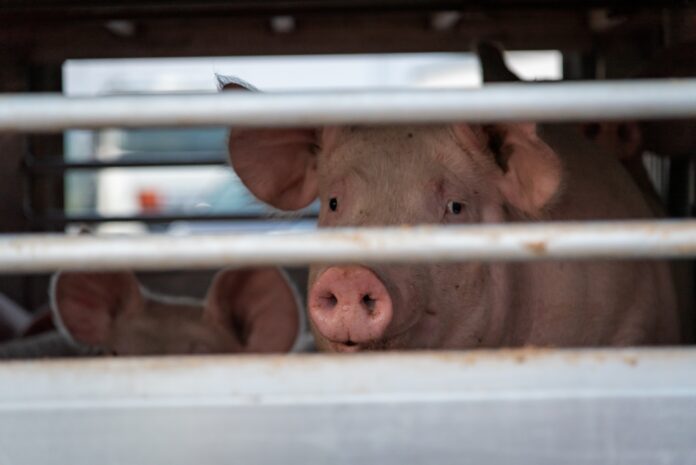Enforcement units intercepted a shipment of 70 hogs late Thursday at a checkpoint along Mindanao Avenue. The shipment was found with animals showing clear signs of the African swine fever (ASF), including mortality, prompting their immediate confiscation.
Test results came back positive for ASF and the shipment scheduled for condemnation today, Friday.
This event highlights the Bureau of Animal Industry’s ongoing effort to prevent the spread of ASF and protect the country’s swine industry. Since the establishment of checkpoints in August this year, the BAI and the Philippine National Police (PNP) have intercepted nearly 500 ASF-infected pigs across the country.
Authorities have also flagged and seized meat products found with forged Certificates of Meat Inspection (COMI) and tampered manufacturing dates.
These products, which pose significant health risks to consumers, were immediately confiscated. Had the nearly 500 pigs make it past the checkpoints, they could have reached key places as Ilocos, Pangasinan, Tarlac, Bulacan and Cagayan, aggravating the ASF crisis and endangering public health. Agriculture assistant secretary for swine and poultry, Dr. Constante Palabrica, emphasized the importance of checkpoints that operate 24/7 to prevent the further spread of ASF across regions.
“This operation is crucial in stopping the ‘ping pong’ movement of the ASF virus between the northern and southern regions of the country. We urge legitimate traders to ensure that all their transport documents are valid and compliant with regulations. Let us work together to protect the animal industry and safeguard the livelihood of Filipino farmers,” Palabrica said. Aside from pigs, chickens are also being checked to prevent the spread of the highly pathogenic avian influenza (HPAI).
The BAI maintains strict vigilance and ensures all meat, livestock and poultry transported across the country meet safety and regulatory standards.







